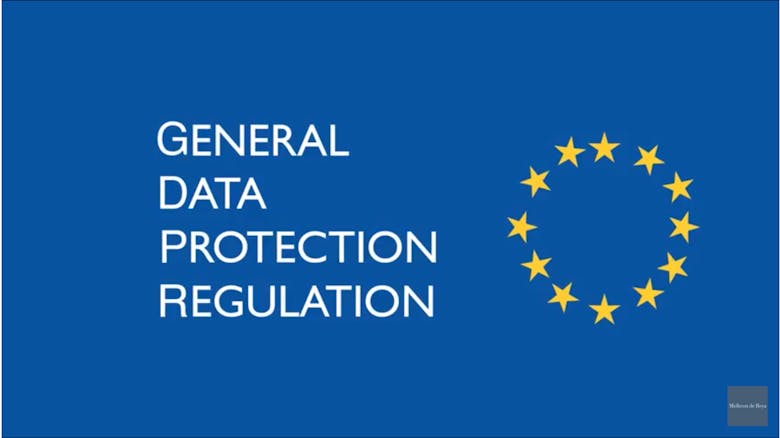BE PREPARED.
ARE YOU MEETING YOUR LEGAL OBLIGATIONS?
HMRC is cracking down on businesses that breach the government’s Money Laundering Regulations (MLR), with inspections and the severity of penalties issued rising dramatically.
To adhere to the law and satisfy the Regulator, every business under the MLR is at a minimum legally required to:
- Register with HMRC
- Establish an Independent Audit Function – to examine its compliance with the legislation (Regulation 21)
- Conduct effective Customer Due Diligence
- Have a firm-wide AML Policies and Procedures in place (Regulation 19-21)
- Have a firm-wide AML Policies and Procedures in place (Regulation 19-21)
- Have a firm-wide AML Risk Assessment in place (Regulation 18)
- All relevant employees must attend and keep up to date with AML training (Regulation 24)
- Keep accurate AML records of such matters as training content and attendees, CDD, suspicious activity, etc
- Appoint a qualified, independent, adequately supported Nominated Office / Money Laundering Reporting Officer
- Agents must adhere to the latest HMRC guidance regarding trusts involved in the acquisition of UK land or property since 6 October 2020.
Find out more and get advice with FCS Compliance
ANTI-MONEY LAUNDERING (AML)
AML Briefings
AML Essentials: Property agents’ five most-asked questions on anti-money laundering compliance
AML expert Caroline Walters answers the five most frequently asked questions put to FCS Compliance in 2022 for the property market…
The Register of Overseas Entities is now in play; here’s what property pros need to know
Designed to "root out corrupt elites using UK property to launder their illicit wealth," the Register of Overseas Entities has officially launched, requiring more transparency for UK property transactions…
Overseas Entities: The real estate effect
The effects of the Economic Crime Act will be felt far and wide across the UK real estate industry, writes Nathan Rees.
Unexplained wealth orders: How is the British law changing and will it stop dirty money circulating in London?
The Economic Crime Act allows the government to convey the impression that it is ‘doing something’ about the proceeds of kleptocracy being laundered in the UK - but far more fundamental and far-reaching…
New money laundering regulations are now in play
New anti-money laundering rules have come into force, affecting estate agents, high-end letting agents, solicitor, banks and lenders.
Who will watch the watchmen: On dirty money & estate agency
The government is finally stepping up the fight against the tide of 'dirty money' flowing through the UK property market, but estate agents shouldn't be the first line of defence, argues Saul Empson...
PEPs, SARs & MLROs: An A to Z of Anti-Money Laundering
As "gatekeepers", estate agents play a crucial role in the UK Government's ongoing efforts to stamp out money laundering and terrorism financing.
Required Reading: Lifting the secrecy behind offshore companies
Julie Howard explains how the new rules around overseas entities will work in practice, and why the idea of hiding behind asset holding vehicles is becoming a thing of the past
DATA PROTECTION (GDPR)
GDPR Briefings
Watch: GDPR explained in three short videos
On 25 May 2018, the General Data Protection Regulation (GDPR) will come into force, overhauling data protection law across the EU, including the UK.
Is your agency open to large fines under GDPR?
Many firms are still not adhering to the rules around data protection, which could result in costly penalties in the event of a complaint, writes cyber security specialist Colin Tankard
LonRes launches new GDPR compliance services
LonRes has partnered with iCompli to help property agents manage clients' personal data.
TRADING STANDARDS & ADVERTISING
Trading Standards & Marketing Briefings
‘POA’ listings banned as Trading Standards deems price-less properties ‘unlawful’
“The use of ‘POA’ or ‘price on application’ in relation to a listing on a property portal or an agent website is likely to be misleading as it withholds – or in some cases masks – the asking…
Trading Standards mandates new ‘Material Information’ for all property listings
Estate agents must include prices, council tax bands and tenures on property portal listings.
Leaving properties in portals – sharp practice or an offence?
Advertising a property as being available but then telling callers that they cannot view it because it is SSTC is a classic example of bait and switch, says David Smith
REGULATION OF ESTATE AGENTS (ROPA)
Coming Soon
MORE REFERENCE BRIEFINGS
Talking Heads: How a cyber-attack put the PCL property sector in limbo
PrimeResi hears from some of the capital's top property brokers, lawyers & developers, about how November's IT hack exposed a fragile planning system, put transactions on ice, and continues to cause 'havoc'…
Retrofit or Ruin: Five key recommendations for a sustainable future for Britain’s historic buildings
Grosvenor argues that 'good conservation' should be redefined as 'the ability of historic buildings to adapt & continue to serve their communities.'
Selective Licensing Schemes: A guide for landlords
Following the launch of new Selective Licensing regulations in Westminster & a high-profile mis-step by the Chancellor in Southwark, Propertymark has published some helpful guidance for owners of rental…
Charles Curran on the Mansion Tax: Litigation, valuations & unintended consequences
Former financier-turned-agency boss explains how ONS model-based valuations for £2mn-plus homes could spark legal challenges, affect mortgages, and ripple across the property market.
Required Reading: The Budget 2025 for HNWIs & business owners
Mishcon de Reya's team of tax & legal experts delivers a thorough briefing on the Autumn Budget's key announcements & policy changes - including the new High Value Council Tax Surcharge affecting £2mn+…
Reeves’ Council Tax Surcharge ‘throws a spanner into the works of the housing market for not much in return’
Following a Budget 'where politics trumped economics', Tom Bill of Knight Frank questions how much the new tax on £2mn+ homes will yield.






























